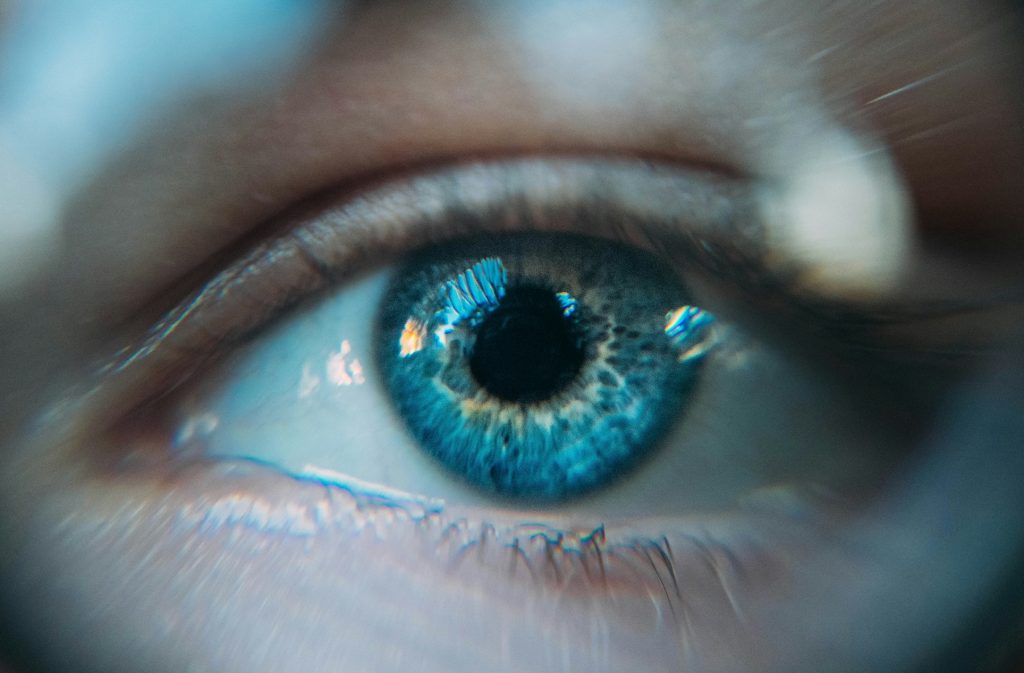EMDR Therapy
What is Eye Movement Desensitization and Reprocessing?
 Eye Movement Desensitization and Reprocessing (EMDR) therapy is a standardized protocol that has been extensively researched and proven effective for the treatment of trauma/PTSD. This evidence-based treatment is part of the Adaptive Information Processing model which theorizes that the brain can heal itself with the right tools.
Eye Movement Desensitization and Reprocessing (EMDR) therapy is a standardized protocol that has been extensively researched and proven effective for the treatment of trauma/PTSD. This evidence-based treatment is part of the Adaptive Information Processing model which theorizes that the brain can heal itself with the right tools.
EMDR can be effective for recent or ongoing frightening situations and for earlier, past traumatic memories from childhood.
I was trained in 1999 by Dr. Francine Shapiro who is the developer of EMDR. She discovered that bilateral stimulation, such as eye movements, worked to desensitize traumatic memories. I’m certified by EMDRIA as an EMDR provider. In addition to the Standard Protocol, I utilize the Flash Technique, Ego State Interventions/parts work, Recent Traumatic Episode Protocol, Acute Stress Symptom Stabilization and Desensitization of Triggers and Urge Reprocessing which is useful for addiction and self-defeating behaviors.
How does EMDR Therapy work?
EMDR therapy is effective both in-person and offered virtually, through telehealth. Repeated bilateral stimulation activates opposite sides of the brain to process negative memories so clients feel relief. EMDR seems to help the brain reprocess the trapped memories in a way that allows normal information processing to follow. The memories are not lost but will feel less intense. EMDR can help clients uncover and process beliefs that developed as the result of recent trauma, relational traumas, childhood abuse and/or neglect.
Therapists use different ways to increase dual awareness and attention such as tapping, auditory tones and eye movements from side to side or horizontally. I offer several different forms of bilateral stimulation including the remotEMDR platform. These eye movements mimic the period of sleep referred to as rapid eye movement (REM) sleep.
For a more detailed explanation please visit the EMDR Institute, Inc or EMDRIA.
What conditions can benefit from EMDR Therapy?
Any distressing emotion, negative thought or unpleasant bodily sensations can be targeted with EMDR’s protocol. EMDR is also very effective for building strengths by installing positive beliefs and accessing positive physical sensations.
While everyone is unique and results cannot be guaranteed, EMDR has been proven useful for the treatment of PTSD and the following conditions:
- Anxiety/Panic Attacks
- Performance Anxiety
- Complicated Grief
- Recent Traumatic Experiences
- Car Accidents
- Natural Disasters
- Disturbing Memories
- Phobias
- Medical Trauma and Chronic Illness
- Sexual or Physical Abuse in Childhood and Attachment wounding/Neglect from Family of Origin
- Stress Reduction, Personal Growth and Performance Enhancement Purposes
Sarah Elaine Zimmerman, LCSW
Licensed Clinical Social Worker
NPI #1134314214
Active SW licenses: FL #SW17459, NY #R069287.
561-508-8809
